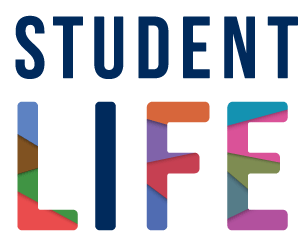Here are some suggestions for short-answer and essay exams:
- Make sure you understand the question: underline or pay attention to instructional verbs (e.g., compare, contrast, criticize, define, describe, explain, interpret, and summarize) and other key words that shift meanings significantly (all, always, never, none, few, many, some…).
- Make an outline of what you have to say before writing it out. Think about ways you can support your points, including facts, figures, examples and quotations.
- Remember that ideas do not exist in a vacuum: when it’s applicable, acknowledge the debate or dialogue within the field and include counter-arguments.
- Keep sentences short and to the point in order to stay on topic and respond directly to the question.
- Give yourself time to review your work, paying attention to areas that could be improved.
Helpful documents
- Exam Tips (PDF)
- Take-Home and Online Exams (PDF)
Other U of T resources
Aid centres
A full list of aid centres is available on Find academic resources.
Peer support
Old exams
-

Associated Programs
-

Associated Services
CLSS Peer Mentor Appointments
Book a one-on-one appointment with a peer mentor or chat with a mentor online to get fast support and guidance. Learn more about CLSS Peer Mentor AppointmentsCLSS resource library
Explore our handouts and tip sheets on academic skills. Learn more about CLSS resource library




